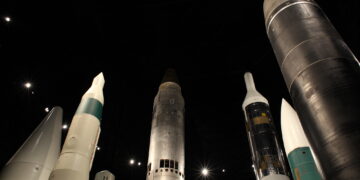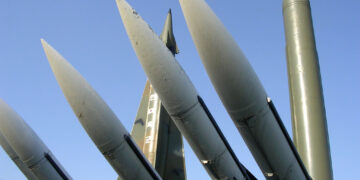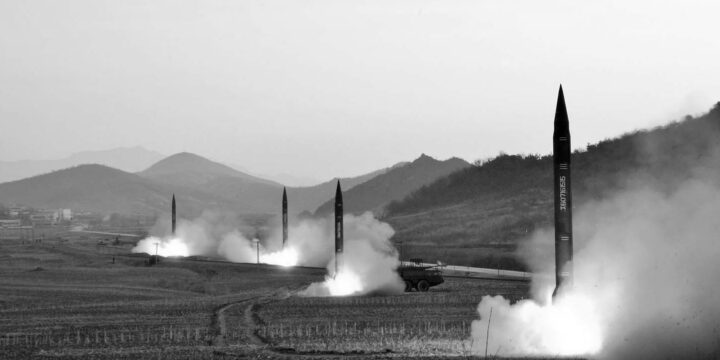October 25, 2024
Russia-DPRK Relations: Strategic partnership or opportunistic alliance?
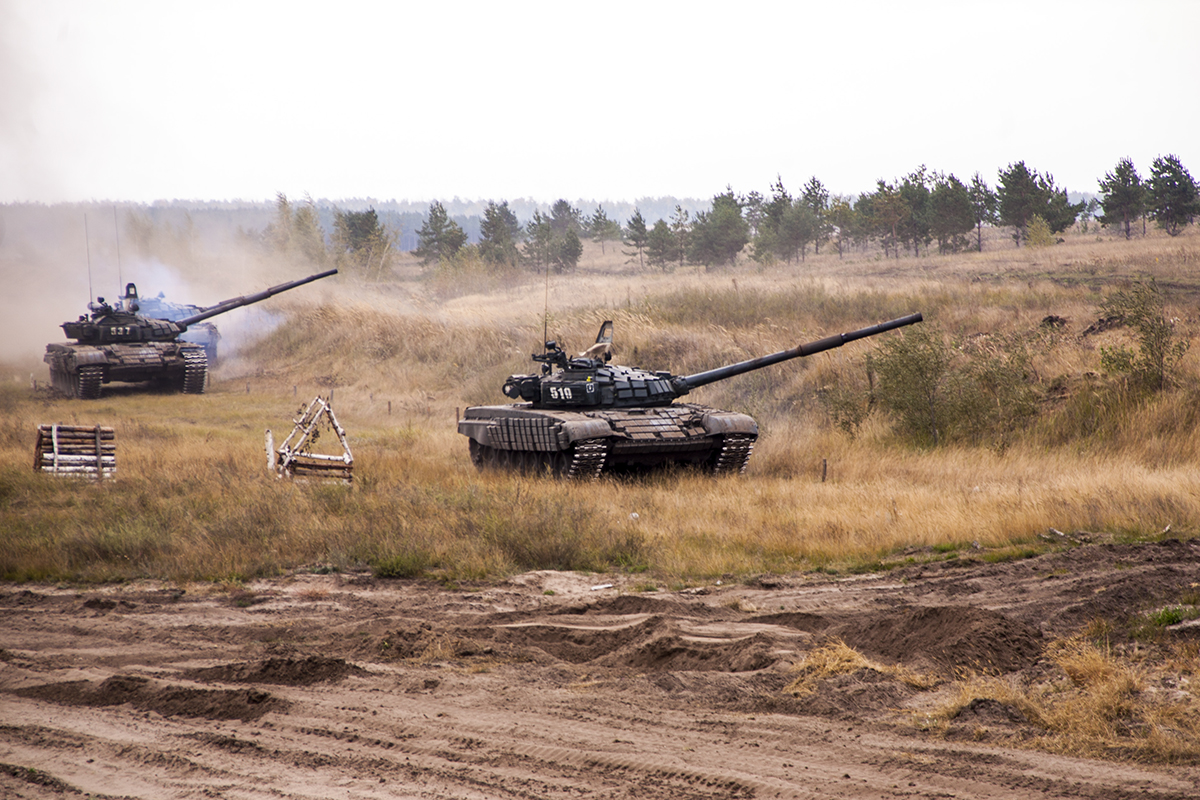
Europe’s deadliest armed conflict in nearly 80 years has put Russia-DPRK relations into overdrive, with Russia’s need for outside assistance fueling the development of deep military cooperation. Russian President Vladimir Putin and Democratic People’s Republic of Korea (DPRK or North Korea) leader Kim Jong Un have established a personal rapport with each other, one driven in large measure by a shared animosity of US foreign policy and what both perceive—rightly or wrongly—to be an overbearing United States desperately seeking to maintain hegemony in Europe and East Asia.
Two questions naturally arise. First, how deep does the Russia-DPRK relationship go? And second, can it now be categorized as an alliance in the same vein as what the United States shares with South Korea and Japan? The answers are not mutually exclusive; just because Moscow and Pyongyang are collaborating more seamlessly than they have in the past does not necessarily mean either one expects a full-scale alliance to be established as a result or that they are even interested in such an arrangement. What the two countries boast at the present moment is, if anything, a marriage of convenience fueled by self-interest, a desire to counter Washington’s strengthening of its own alliance system, and a firmly-held belief in Moscow and Pyongyang that the United States is trying to link the North Atlantic Treaty Organization (NATO) in Europe with its bilateral alliances in East Asia. The war in Ukraine, where Japan—which signed a 10-year security agreement with Kyiv in June with an accompanying $4.5 billion in non-military aid—and South Korea (to a more limited extent) are members of the US-organized sanctions regime against Russia, only reaffirms this belief in the minds of Russian and North Korean officials.
Author

Daniel
DePetris
Fellow
More on Asia
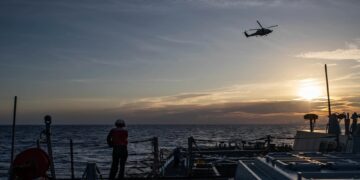
Featuring Jennifer Kavanagh
March 10, 2025
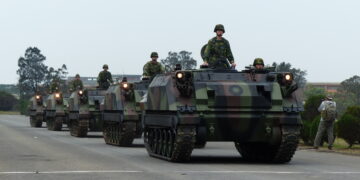
Featuring Jennifer Kavanagh
February 26, 2025
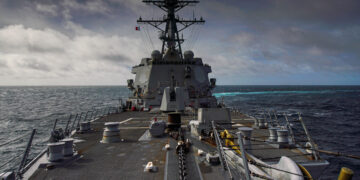
By Jennifer Kavanagh and Stephen Wertheim
February 25, 2025
